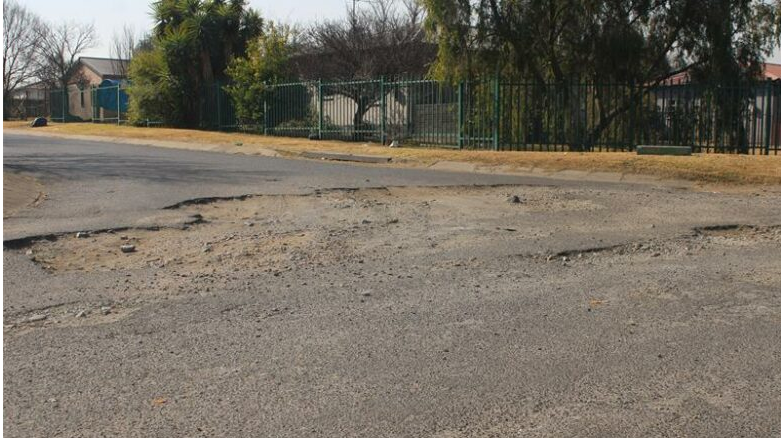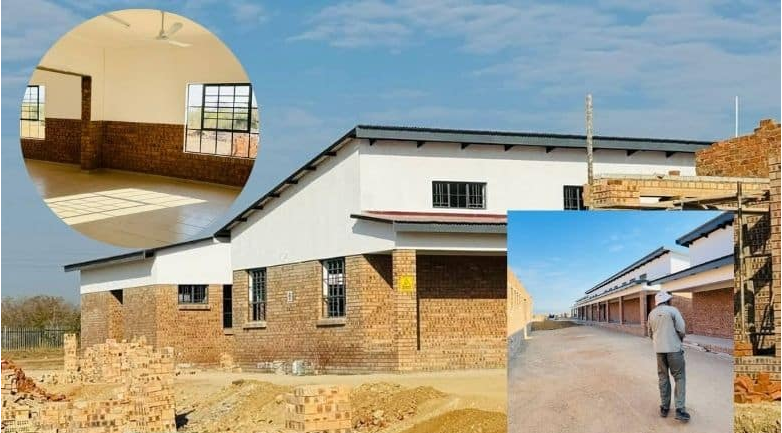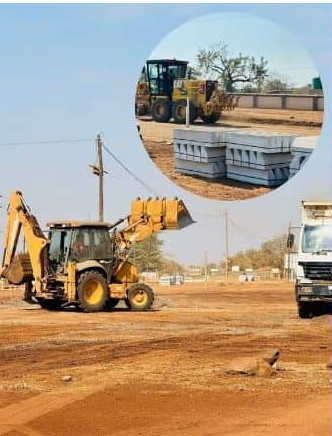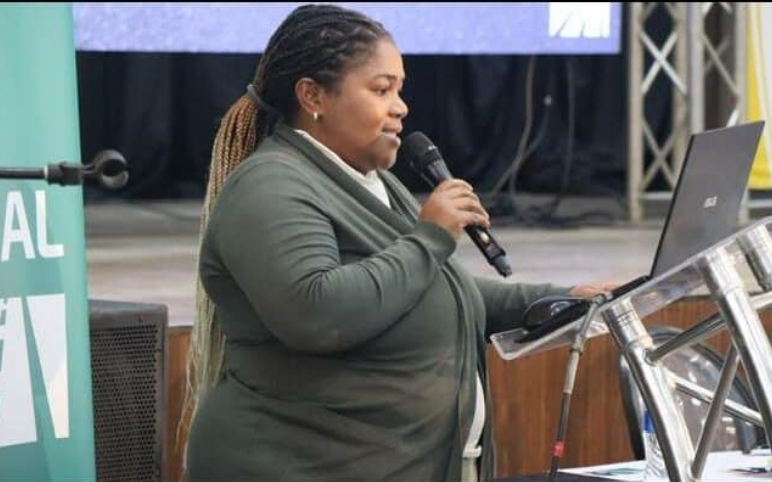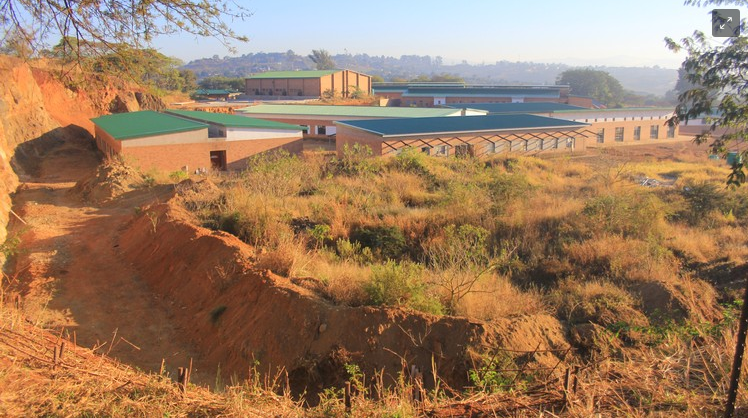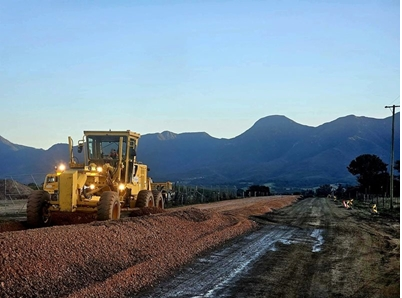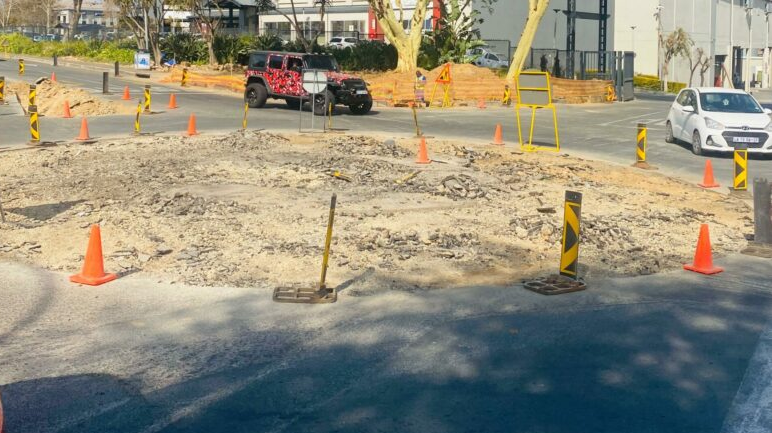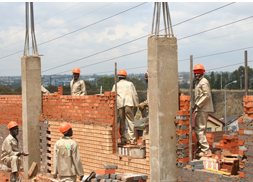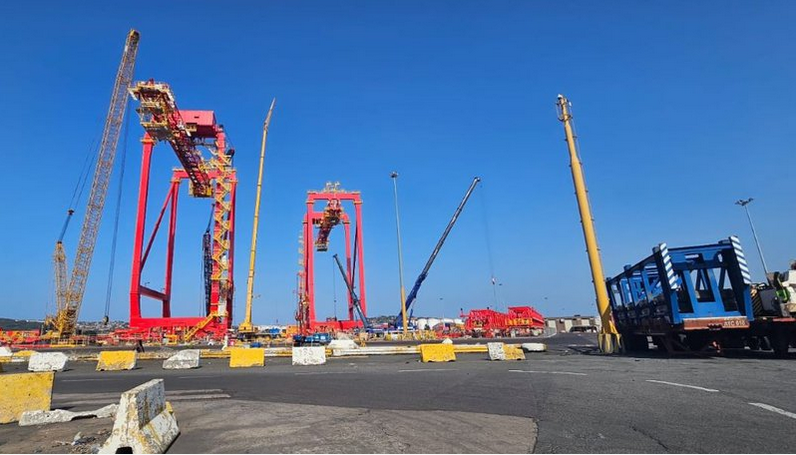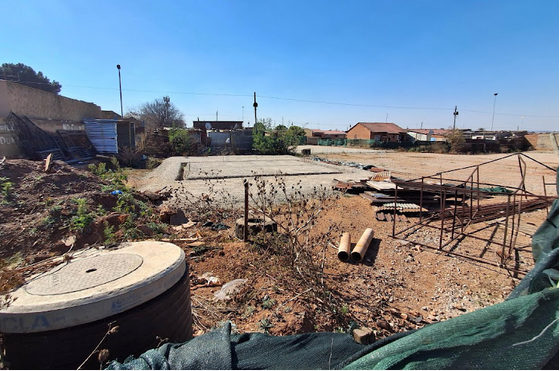KZN communities to benefit from water project
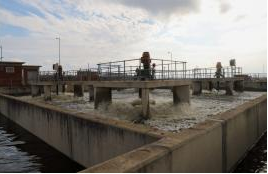
Advertising
21-07-2025
Read : 89 times
South African Government News Agency
Source
Government has officially commissioned the Mpophomeni Wastewater Treatment Works (WWTWs) project, which is set to significantly improve sanitation services, protect sensitive wetland ecosystems and enhance the quality of life for communities in KwaZulu-Natal.
Over 27 000 households in Mpophomeni, Khayelisha and surrounding communities are expected to benefit from this strategic infrastructure development project estimated at over R450 million in Mpophomeni, Pietermaritzburg.
The commissioning of this critical infrastructure highlights the success of strong and deliberate collaboration across all three spheres of government.
“The success of Mpophomeni proves that service delivery is possible when all spheres of government work together. But we cannot stop here. Municipalities must build on this momentum and address governance gaps, strengthening technical capacity and accelerating delivery.
“Our citizens deserve systems that work and leaders who make that happen without delay," Water and Sanitation Deputy Minister Sello Seitlholo said on Friday.
The Mpophomeni WWTWs is designed to produce high-quality effluent that complies with standards set by the Department of Water and Sanitation (DWS).
It is currently operating at a treatment capacity of six million litres per day, with provision for future expansion to 12 million litres per day. The facility includes a seven-kilometre treated effluent pipeline and the rehabilitation of the Mpophomeni wetland.
“The Mpophomeni WWTWs is part of a broader government commitment to roll out bulk water infrastructure projects in water-stressed communities across KwaZulu-Natal and the country. It forms part of a long-term strategy to secure water resilience and inclusive development.
“Beyond infrastructure, the project delivered meaningful economic opportunities through the Expanded Public Works Programme, which created consistent local jobs averaging 19 per month throughout the construction phase. This helped drive youth employment, enterprise development and inclusive participation in the construction economy,” the DWS said.
The department has reiterated that the long-term sustainability of such infrastructure depends on sound operations and maintenance practices.
This includes adequate funding, skilled management and active community involvement to secure water quality, safeguard ecosystems and achieve the constitutional right to clean water and dignified sanitation for all.
Recent News
Here are recent news articles from the Building and Construction Industry.
Have you signed up for your free copy yet?
